
Mouth ulcers keep coming back? Don't ignore the following causes
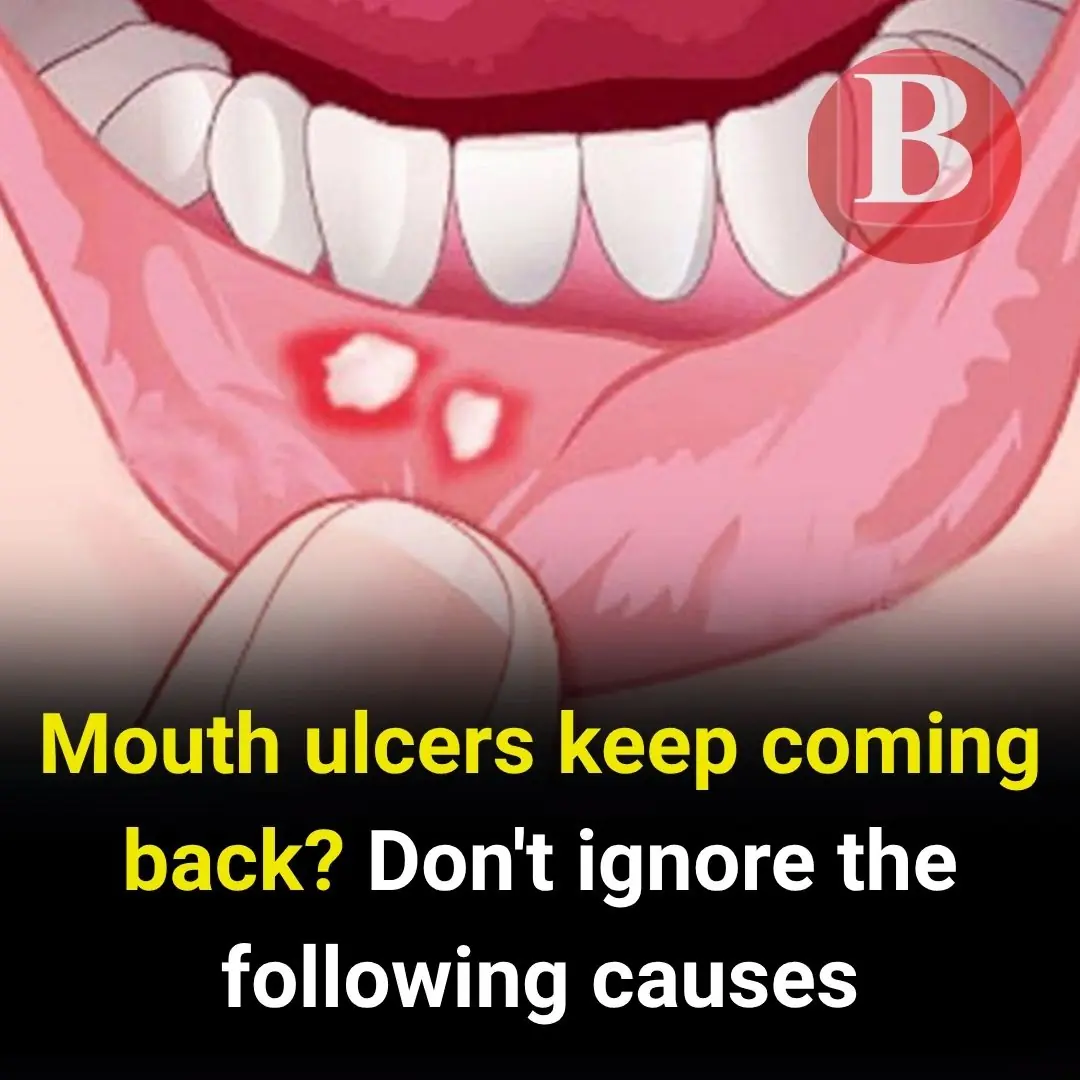
1. What Are Canker Sores?
Canker sores are small, shallow ulcers that appear inside the mouth, typically white or yellow in color. These sores often cause pain and discomfort when eating or speaking.
Common symptoms include:
-
Small white or yellow ulcers with red borders inside the mouth
-
Burning or stinging pain at the ulcer site
-
In some cases, mild fever, swollen neck lymph nodes, or swollen gums
2. What Causes Frequent Canker Sores?
2.1. Nutritional Deficiencies
Nutritional deficiencies are a common cause of frequent canker sores. In particular, vitamin B12, iron, and folic acid are essential for maintaining the health of the oral mucosa and supporting tissue regeneration and healing. When these nutrients are lacking, the mucous membranes weaken, making them more susceptible to damage.
2.2. Weakened Immune System
The immune system acts as a defense barrier against external threats. A weakened immune system makes the body more vulnerable to harmful agents, which can lead to canker sores.
In autoimmune diseases, the immune system malfunctions. In such cases, the body may attack its own oral mucosal cells, causing frequent canker sores.
Additionally, certain immunosuppressive medications used for chronic illnesses or post-transplant care can reduce the body’s natural defenses, increasing the risk of canker sores.
2.3. Mental Stress
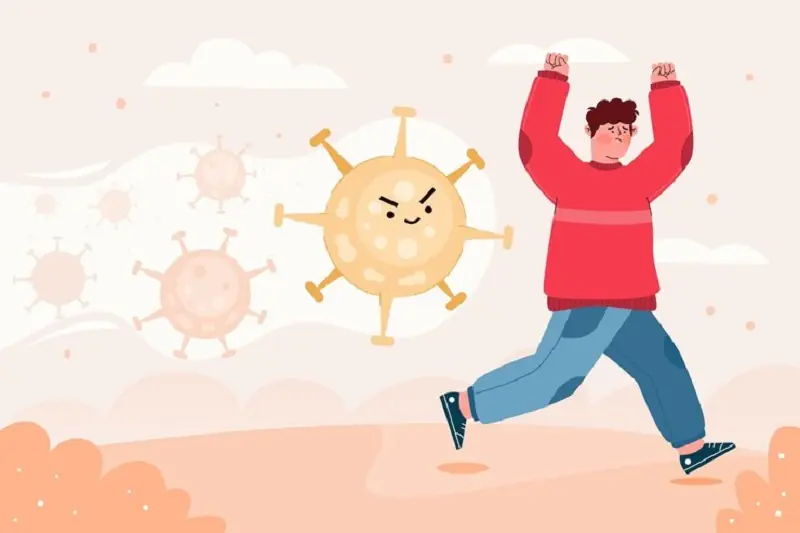
Stress and anxiety are psychological factors that directly impact health and can trigger canker sores. Chronic stress stimulates the adrenal glands to produce cortisol. Excessive cortisol production can lead to inflammation and weaken the immune system, raising the risk of canker sores.
Stress can also disturb daily routines such as sleep and diet, increasing the risk of digestive issues and stomach problems—another factor that contributes to canker sores.
2.4. Eating Habits
Frequent canker sores are also associated with consuming too much spicy, hot, or acidic food:
-
Spicy and acidic foods can irritate the mouth lining and increase the severity or frequency of mouth ulcers.
-
Acidic ingredients in foods like citrus fruits and tomatoes may thin the mucous membrane, making it more prone to injury.
-
Alcoholic and caffeinated drinks can cause dry mouth and reduce saliva production, which normally helps protect the oral mucosa.
2.5. Medication Side Effects
Certain medications—especially antibiotics, NSAIDs (non-steroidal anti-inflammatory drugs), and chemotherapy drugs—can cause canker sores as a side effect. These drugs can disrupt the balance of bacteria in the mouth, leading to mucosal damage.
2.6. Allergies and Irritation
Frequent canker sores may also result from allergic reactions or irritation caused by food, toothpaste ingredients, or mouthwash. Dental care products that contain alcohol or harsh chemicals can damage the oral lining, leading to sores.
3. How Can Frequent Canker Sores Be Treated?
Based on the causes mentioned above, here are some effective ways to manage and prevent frequent canker sores:
-
Ensure a sufficient intake of vitamins and minerals, especially vitamin B12, iron, and folic acid.
-
Maintain good oral hygiene to minimize the risk of infection and reduce ulcer occurrence.
-
Manage stress with techniques like yoga, meditation, or relaxation practices.
-
Avoid spicy, acidic foods and stimulants like caffeine and alcohol. Instead, consume foods that are good for oral health, such as fresh fruits, vegetables, and yogurt.
-
If canker sores are a side effect of medication, consult a doctor to adjust the dosage or switch to a different drug.
-
Use gentle, alcohol-free oral care products that don’t contain harsh chemicals.

4. When Should You See a Specialist?
You should see a doctor if:
-
A canker sore lasts longer than two weeks without healing
-
You experience additional symptoms such as swollen lymph nodes, high fever, or severe pain
-
Multiple sores appear at the same time or canker sores keep recurring frequently
We hope this information has helped you understand the causes of frequent canker sores. If you experience this condition, don’t hesitate to seek medical advice for an accurate diagnosis and effective treatment.
News in the same category


Sweet Potatoes Are Healthy, but These 5 Groups of People Should Avoid Them

Seemingly Harmless Habits That Can Cause Can.cer Alarmingly Fast

Doctor shares ho.rrif.ying images that show what six hours of sleep a night will do to your body

8 Early Signs of Kid.ney Failure You Shouldn’t Ignore

Teeth Grinding in Your Sleep? Here's How to Fix It from Home

No matter how much you like these 3 spices, eat less of them: 1 type is harmful to the kidneys and bones, 1 type is harmful to the liver and causes can:cer, 1 type causes fatty liver.

25-year-old girl's face is paralyzed after 3 days of maintaining a nighttime habit of many people

If you wake up in the morning and feel these 4 things, then SORRY! Kidney disease is growing in your body every day

Drinking orange juice every day to 'increase resistance', woman unexpectedly suffers serious consequences

Doctor reveals the "seed" that causes can:cer, advises doing 1 thing to eliminate 90% of the risk
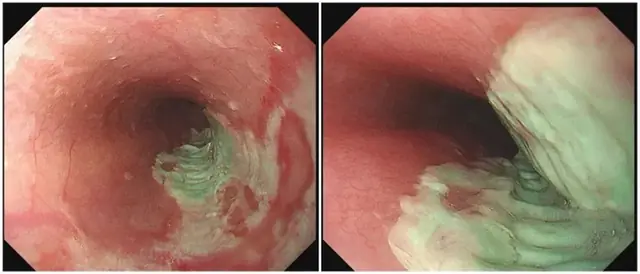
Esophagus "cut off" because of bad habits! Many people like to do this

4 skin changes that warn of liver disease

3 Intimate Habits of Husbands That May Increase Wives’ Risk of Cervical Can.cer
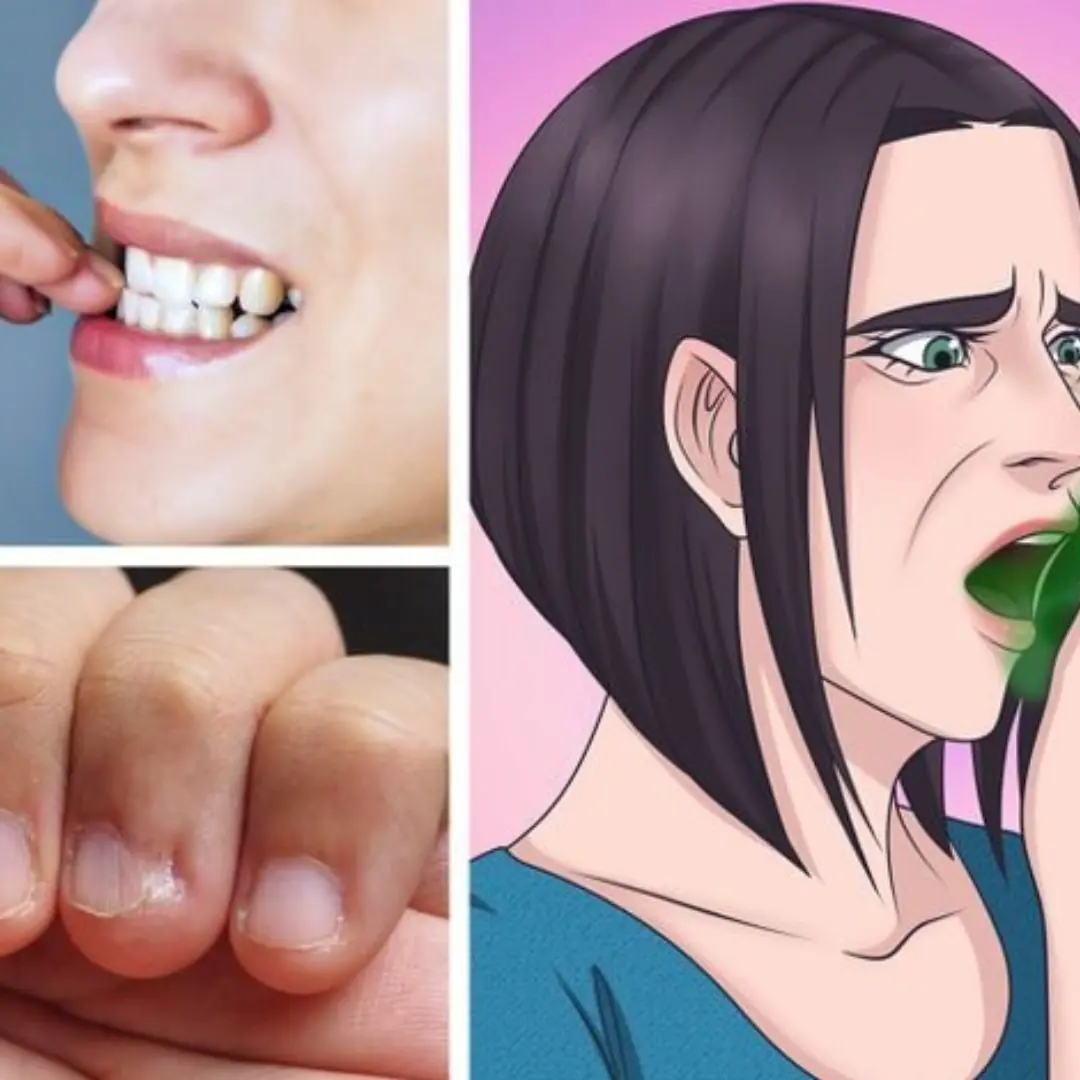
6 things that will happen if you don't quit biting your nails immediately

Here are five kidney-friendly breakfasts.

7 Early Warning Signs of Lu.ng Can.cer: Get Checked Before It Spreads
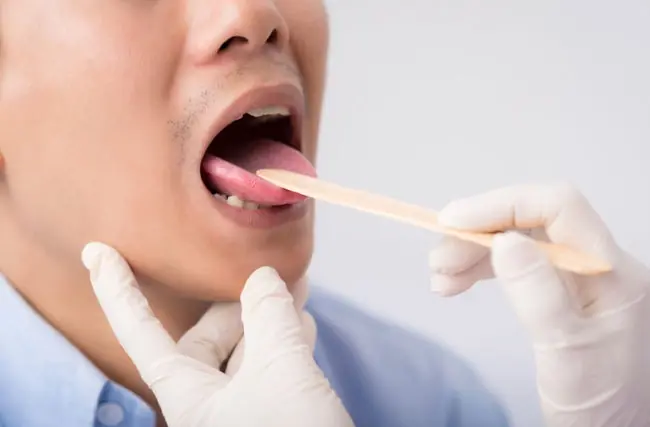
Shocking Mirror Moment: 3 Tongue Signs Reveal You're Aging Hour by Hour Without Realizing It!

Why do many flight attendants always carry a banana with them? Today I learn the secret behind it
News Post

Woman Develops Skin Ulcers After 20 Years of Eating Only Boiled Food

Sweet Potatoes Are Healthy, but These 5 Groups of People Should Avoid Them

You’ll Never Believe What Happens When You Put Salt Under Your Bed

Seemingly Harmless Habits That Can Cause Can.cer Alarmingly Fast

How to Grow Watermelons at Home: A Guide for Small Spaces & Balconies

How to Grow a Banana Tree at Home and Never Buy Bananas Again

Here’s How to Grow Calamansi at Home — No Farm Needed

Doctor shares ho.rrif.ying images that show what six hours of sleep a night will do to your body

How to grow tulips indoors – a step-by-step guide to forcing these beautiful bulbs

How to Grow Habanero Peppers in Pots

Grow These 5 Garden Beans This Summer

Why Asians Are Rushing to Grow This “Miracle Tree”: Heals Like Medicine, Sells Like Gold

Phone Frequently Overheating and Freezing? Try This Simple Fix to Make It Run Like New

How to Grow and Care for Dieffenbachia

How to Grow and Care for Phalaenopsis Orchids Indoors

3 Types of Fruit Loved by Cancer Cells — Sellers Never Touch Them, But They’re Often Found on Many Families’ Dining Tables

Duck Meat Is Delicious and Nutritious, But It's Strictly Off-Limits for These 3 Groups of People

How Long Can Pork Be Stored in the Refrigerator? After This Time, It May Be Full of Bacteria
